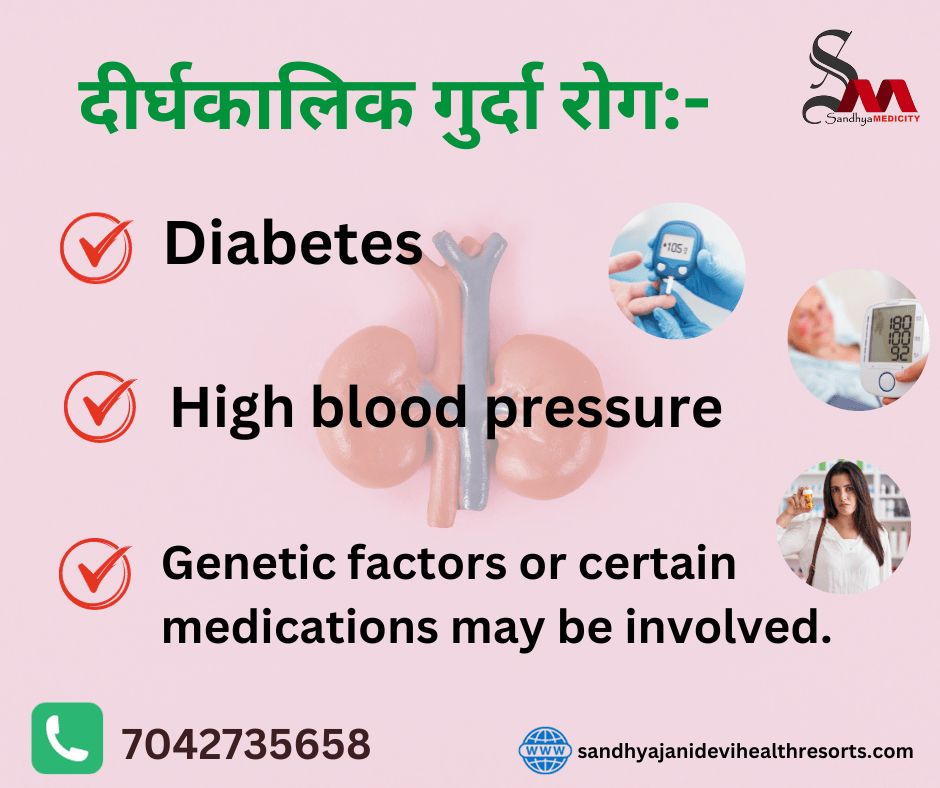Welcome back to our blog, where we explore the fascinating world of Ayurvedic medicine. How are kidney stones removed in Ayurveda If you or someone you know is suffering from this disease, then stay with us as we are telling you about the natural way to remove kidney stones in Ayurveda. Kidney stones, also known as kidney stones, are solid mineral and acid salt deposits that form within the kidneys. This condition affects millions of people around the world and can cause excruciating pain, urinary problems and can lead to more serious complications if left untreated. However, Ayurveda offers a holistic approach to help eliminate these unwanted intruders from the body, thereby promoting overall kidney health. Let us learn about Ayurvedic methods to remove kidney stones. Understanding Root Causes Before we explore the treatment, it is important to understand the underlying causes of kidney stone formation in Ayurveda. According to ancient Ayurvedic texts, kidney stones are mainly caused by an imbalance in the doshas called Vata and Pitta. Other factors such as a sedentary lifestyle, poor dietary choices, dehydration and improper digestion can also contribute to the formation of kidney stones. Kidney Stones Removed in Ayurveda – Clinical approach In Ayurveda, it is important to identify the type and location of kidney stones to develop an effective treatment plan. Ayurvedic physicians traditionally use various diagnostic techniques such as These diagnostic methods help to determine the dosha-related imbalance and guide treatment accordingly. Kidney Stones Removed in Ayurveda – Treatment Approach Ayurveda proposes a multifaceted approach to kidney stone removal that aims to balance the doshas, dissolve the stones, and prevent their recurrence. Let’s learn about some of the major treatment approaches used in Ayurveda: 1. Herbal Remedies: Ayurveda uses the power of medicinal herbs to dissolve kidney stones naturally. Effective herbs like Punarnava, Gokshura and Varun are known for their diuretic properties and ability to reduce swelling, as well as break down the stones into smaller, easily passable pieces. 2. Diet modification: Ayurveda emphasizes on a balanced diet to prevent kidney stone formation. Limiting the intake of foods rich in oxalate, salt, and protein may help reduce stone formation. Conversely, including hydrating foods, fresh fruits, vegetables, and whole grains can help kidney health and flush out toxins effectively. 3. Fluid intake: Adequate hydration is important for kidney stone prevention and management. Ayurveda recommends consuming adequate amounts of water, herbal teas, and juices to keep the kidneys clean and prevent stone formation. 4. Panchakarma Therapy: Panchakarma, an integral part of Ayurvedic medicine, includes detoxification and rejuvenation techniques. Specific procedures such as Basti (enema), Virechana (purgation), and Nasya (nasal administration) may be recommended by Ayurvedic practitioners to eliminate toxins and purify the body, which ultimately helps in expelling kidney stones. Helps. Prevention and long-term management While Ayurveda offers effective means for Kidney Stones Removed in Ayurveda, prevention is always better than cure. Incorporating Ayurvedic principles into your lifestyle can reduce the chances of stones recurring to a great extent. Some of the major Ayurvedic practices for maintaining kidney health include: 1. Daily Routine: Following a disciplined routine or routine can help balance the doshas and maintain overall well-being. This includes waking up early, practicing yoga or meditation, eating proper meals at regular intervals, and going to bed on time. 2. Yoga and Pranayama: Specific yoga asanas and breathing exercises can stimulate kidney function, promote digestion, and increase the overall flow of energy in the body. Exercises like Ardha Matsyendrasana (Half Spinal Twist) and Kapalbhati (Skull Shining Breath) are especially beneficial for kidney health. 3. Stress management: Chronic stress can contribute to the formation of kidney stones. Ayurveda encourages the practice of stress-reducing techniques, such as mindfulness, aromatherapy, and even regular massage with Ayurvedic oils, to promote relaxation and prevent stone formation. Conclusion:- Ayurveda offers a comprehensive and natural approach to kidney stone removal, which aims to not only eliminate the current problem but also prevent future occurrences. By addressing the root causes, balancing the doshas and adopting healthy lifestyle practices, Ayurveda makes kidney stone removal a holistic decision based on individual needs. Remember, your kidneys play a vital role in your overall health, so taking care of them is extremely important. Ayurveda Kidney Treatment Sandhya Jani Devi Health Resort we provide Ayurveda Treatment






